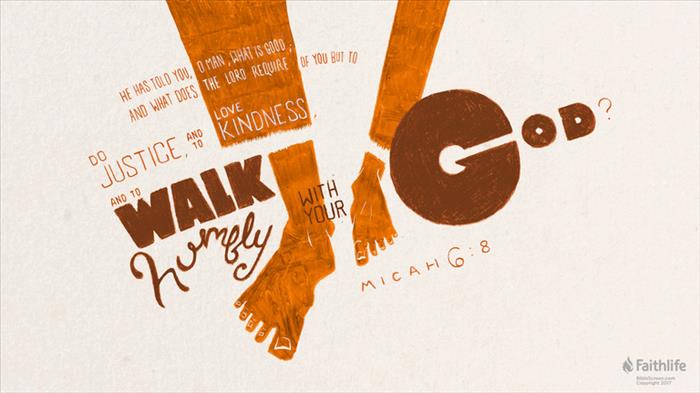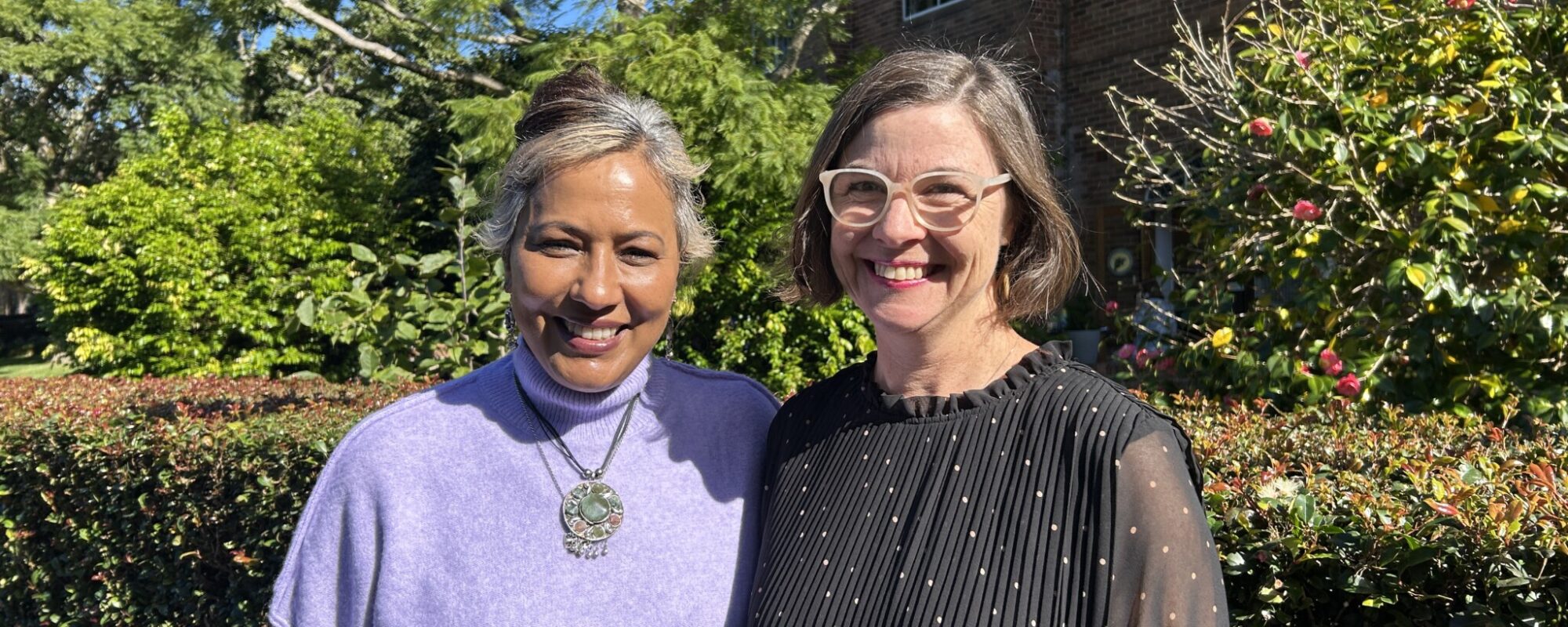From the Chaplains
As a student minister in the Uniting Church, there are three main components of the formation program which lead to ordination. The first, is participation in weekly worship, group classes (with practical and spiritual input), and pastoral reflection – all of which take place at the Centre for Ministry in North Parramatta. The second is field education, which for me, has led me to be the Assistant Chaplain here at Pymble Ladies’ College for the past two terms. And the third, is theological education, of which I recently completed the subject, Reconciliation: The Theological-Political Nexus in Indigenous Public Policy, as part of my Bachelor of Theology. During this study, I learnt several things that I did not know before but perhaps the most impacting was the land where I and we at Pymble Ladies’ College live, work and play.
This land was first inhabited by the Dharug or Darug people and is formerly known as the Broken Bay tribe. The Dharug, originally a Western Sydney people, were bounded by the Kuringgai to the northeast around Broken Bay, the Darkinjung to the north, the Wiradjuri to the west on the eastern fringe of the Blue Mountains, the Gandangara to the southwest in the Southern Highlands, and the Tharawal to the southeast in the Illawarra area. When we acknowledge this land, we do so by paying our respects to the Darramuragal (Darramura which is derived from the Dharug tribe and gal, meaning belonging to). Darramuragal is also said to be ‘in the district of Wanne’, but on similarity of name associated with the suburb Turramurra, at the headwaters of the Lane Cove River. However, despite the information we have surrounding the first inhabitancy of this land, it should be noted that these names and terms are to be held loosely, as a definitive understanding is somewhat difficult to obtain and such an understanding is in itself a Western construct.
There are no records that indicate the name given for the Darramuragal language or for that matter a word for ‘language’. However, linguists in the late nineteen century and again in the twentieth century have sometimes referred to the language as ‘lyora’ (spelt variously), which in the earliest date was given to mean ‘human’. The same name has also been used by linguists to refer to the coastal dialect of the language. ‘Dharug’ has been used by linguists since the early twentieth century to label their language. Records indicate that there were at least two dialects, inland and costal (constituting a single language).
The Durramuragal lived well on the products of the sea shoreline and were experts at catching fish. They were also known for braving the water in canoes made from sheets of bark bunched and tied at the ends and sealed with gum. By 1971, several Aboriginal people had become reconciled to the colonists and their settlement. In 1789 a devastating plague swept through the Aboriginal population. The symptoms of the disease, similar to smallpox, is believed to have affected only one colonist while destroying many of the local Aboriginal people. As a result, the entire Aboriginal population was left weakened physically and emotionally by the onslaught of the disease. Those who did not die or flee the area to escape its ravages became permanent residents in and around the settlement and became increasingly dependent on help from the colonists to survive.
Today, in metropolitan Sydney, there are close to 6500 Aboriginal sites, including rock art, shell middens, axe grinding grooves, ceremonial grounds, burial sites, stone quarries, fish traps and water holes. All these sites are significant to Aboriginal people because they are evidence of the past Aboriginal occupation of Australia and are valued as a link with their traditional culture. It is this culture and peoples that I see both the Uniting Church and this school also uphold and value.
In 1994 the Uniting Church in Australia formally entered into a Covenant with the Uniting Aboriginal and Islander Christian Congress so that together they may contribute to a more just church and nation. On behalf of the Second Peoples of the UCA, the Uniting Church’s 7th President Dr Jill Tabart read a statement acknowledging past wrongs and making a new commitment to the relationship.
In 2009 the Assembly of the UCA passed a resolution to revise the Preamble to the Constitution, acknowledging: Aboriginal and Islander peoples as the First Peoples of Australia; the tragic colonial history of injustice, violence and dispossession of First Peoples and the Church’s complicity in this history. The church also acknowledged that the First Peoples had already encountered the Creator God before the arrival of the colonisers and that the Spirit was already in the land revealing God to the people through law, custom and ceremony.
In the same spirit, Pymble Ladies’ College also places importance on First Nations peoples. This is evident through the Pymble Ladies’ College First Nations Scholarship Program, which has been established to provide Leadership and Performance Scholarships for First Nations girls from remote and regional Australia to attend the College. In addition to this, the College has a First Nations Education Program, which is an integral part of the curriculum from Kindergarten to Year 12 to enable students to develop a better understanding and appreciation of First Nations peoples’ history, literature, and culture. The college is also a proud partner of the Australian Indigenous Education Foundation (AIEF) and has designated staff who are focused on integrating the First Nations Student Program.
As my time at Pymble draws to an end and I move on to my next field placement, I am grateful for this opportunity and for this land where I have been blessed to live, work and play. I am also thankful to belong to a church that is committed to reconciliation and to have been part of the Pymble family that acknowledges the traditional custodians of the land on which Pymble Ladies’ College and Vision Valley stand and for the respect given to its Elders past and present and to other First Nations people within the Pymble community. For after all, God has told us what is good and what the Lord requires of us: To do justice and to love kindness and to walk humbly with our God (Micah 6: 8).

Pastor Michaela Antill-Cassie
Assistant College Chaplain

